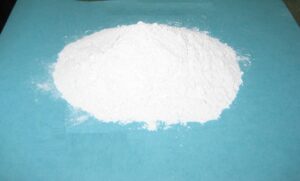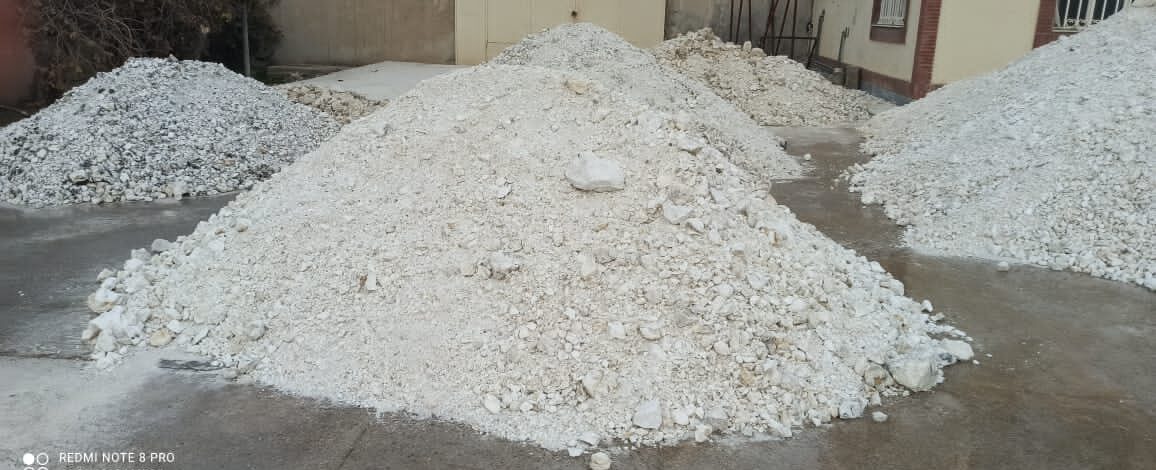Unlocking Opportunities in the German Market
Germany stands as one of Europe’s largest industrial economies, with strong demand for barite across multiple sectors. This essential mineral plays a crucial role in oil and gas, construction, and manufacturing industries. For global suppliers, exporting barite to Germany offers significant opportunities. In this article, we explore the key factors driving barite demand in Germany and show how businesses can capitalize on these prospects.

Why Barite Matters for Germany
Barite consists of barium sulfate and is prized for its high density and chemical stability, making it ideal for many industrial uses. In Germany, industries widely use barite in oil and gas drilling, concrete production, and manufacturing. As Germany’s economy grows and diversifies, industries will increasingly rely on barite, creating valuable opportunities for exporters.
Key Industries Driving Barite Demand in Germany
Several industries fuel barite demand in Germany:
-
Oil and Gas: Companies use barite as a weighting agent in drilling fluids for exploration.
-
Construction: Builders add barite to concrete for added weight and radiation shielding.
-
Manufacturing: Barite serves as a key ingredient in paints, coatings, and plastics.
Factors Driving Barite Demand in Germany
Germany’s thriving oil and gas sector, rapidly expanding construction industry, and strong manufacturing base all contribute to its growing barite demand. Let’s take a closer look.
1. Oil and Gas Exploration in Germany
Germany ranks among Europe’s top countries for oil and gas exploration. Companies rely on barite in drilling fluids to control pressure and maintain fluid density during drilling. As Germany invests more in offshore and onshore extraction, industries will increasingly require high-quality barite.
Key Drivers:
-
Expansion of oil and gas exploration, especially offshore.
-
Growing need for barite in drilling fluids to maintain pressure control.
-
Strict European industry standards demanding high-quality barite.
2. Growing Construction Sector
Germany’s construction industry is booming, with projects spanning residential buildings and major infrastructure developments. Builders use barite in concrete to provide weight and radiation shielding, particularly in hospitals, nuclear plants, and specialized facilities. As demand for high-density concrete rises, so does the need for barite.
Key Drivers:
-
Urbanization and large infrastructure projects boosting barite demand.
-
Increased demand for radiation-shielding concrete in medical and nuclear sectors.
-
Continuous construction of commercial, residential, and infrastructure projects.
3. Manufacturing and Industrial Use
Germany’s reputation for manufacturing excellence, especially in automotive, chemicals, and electronics, supports ongoing barite demand. Manufacturers use barite as a filler in paints, coatings, and plastics to enhance durability. As industrial production expands, industries will require even more high-quality barite.
Key Drivers:
-
Barite enhances durability in paints, coatings, and plastics.
-
Rising demand in automotive, chemical, and heavy machinery sectors.
-
Increasing need for premium raw materials alongside manufacturing growth.
Export Opportunities for Barite Suppliers to Germany
Because Germany’s oil and gas, construction, and manufacturing sectors heavily demand barite, suppliers worldwide can seize export opportunities. Leading producers like the United States, Morocco, and India are well positioned to meet Germany’s need for high-quality barite.
Tips for Successful Barite Exporting
To succeed in the German market, suppliers should:
-
Focus on Quality: Germany demands high-purity barite to meet strict industry standards.
-
Streamline Logistics: Efficient, reliable shipping is essential to meet growing demand promptly.
-
Understand Regulations: Staying updated on Germany’s standards ensures smooth market entry.
By actively addressing these factors, suppliers can unlock the full potential of the German barite market and build lasting business relationships.

